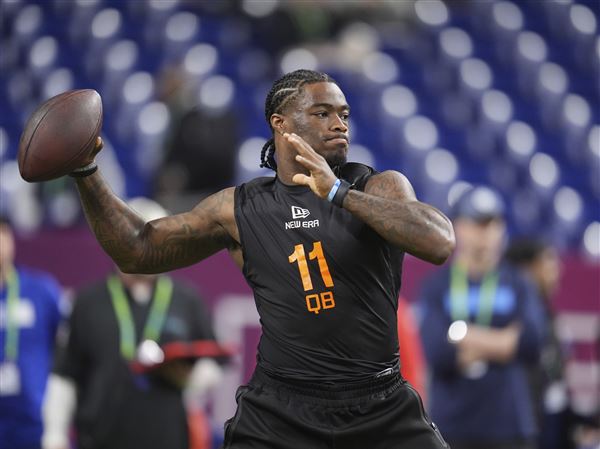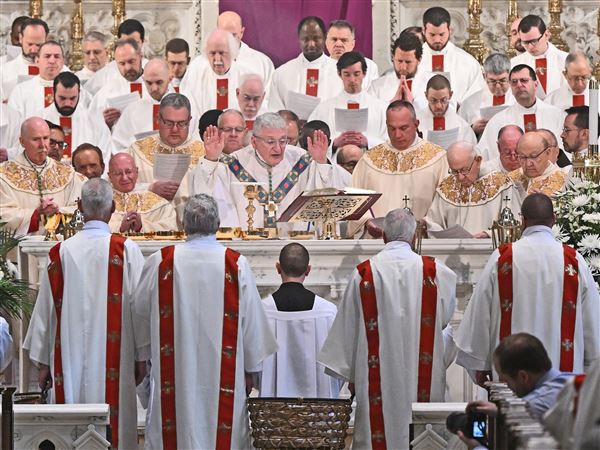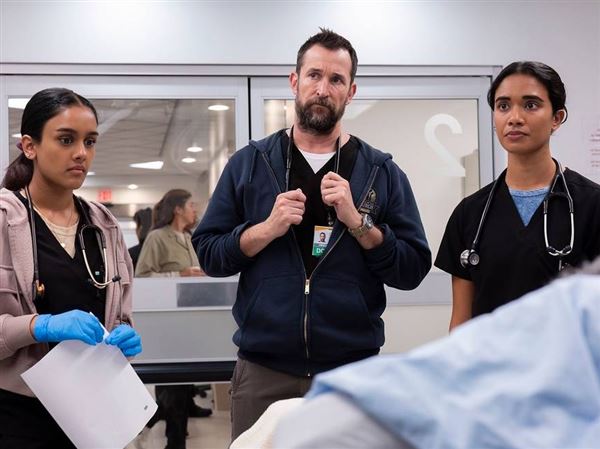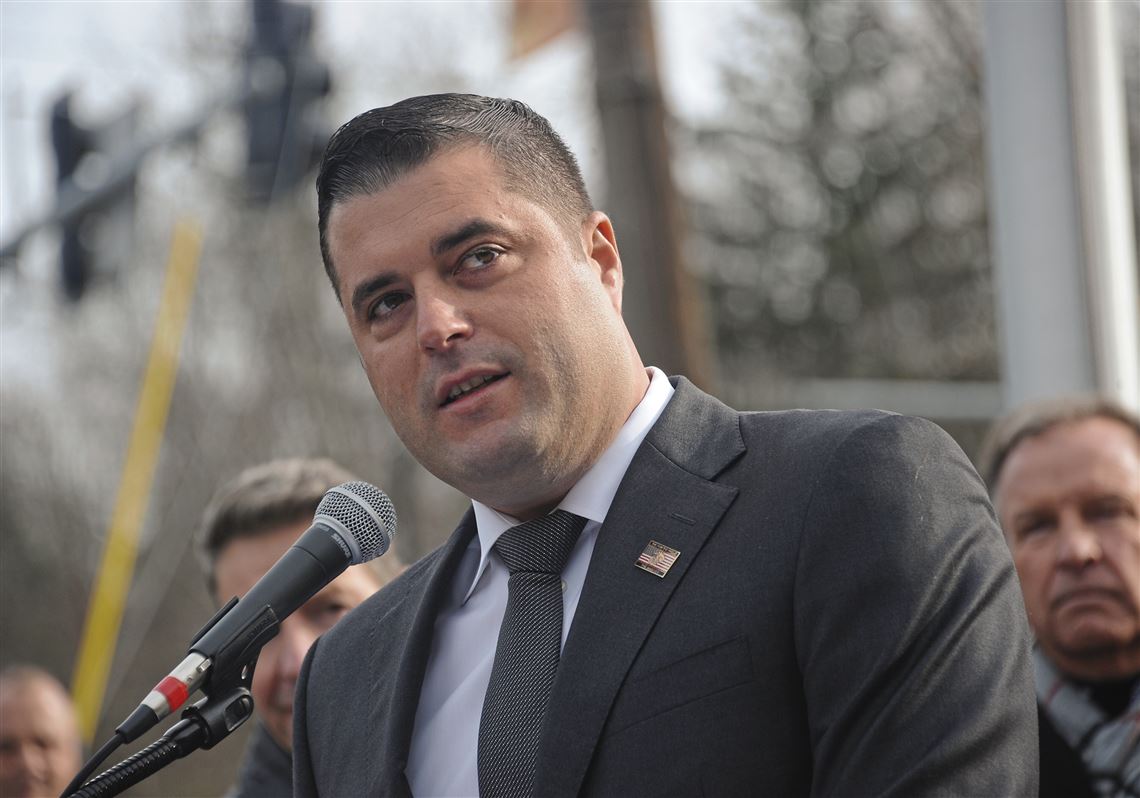National and local liberal groups say Democratic majorities in the Pennsylvania legislature are within reach in both chambers, a possibility that will trigger an outpouring of money, political messaging and postcard-writing in the southwestern part of the state over the next 100 days until the November election.
If Democrats can flip four seats in the state Senate and nine in the House, they’ll have a governing trifecta during the next legislative session — which party members say will dissolve the gridlock in Harrisburg and lift priorities like raising the minimum wage to the forefront of the capital’s workload.
Their electoral success down ballot also will indicate success at the presidential level, Democrats believe, broadening the scope of their grassroots efforts across contest lines, said Ryan Quinn, political director for Swing Left — a progressive Democratic group that’s dedicating money and resources to flipping Pennsylvania’s chambers blue.
Meanwhile, Republicans are preparing to make November’s election — on a state race level — a referendum on Democratic Gov. Tom Wolf’s handling of the COVID-19 pandemic, claiming that Democrats in the Legislature have aided and abetted a gubernatorial administration that has arbitrarily locked down the economy, unnecessarily put Pennsylvanians out of work and imposed restrictions that have closed businesses.
“You have a number of Democrats who have voted along party lines to uphold the governor’s restrictions,” said Sam DeMarco, chair of the Republican Committee of Allegheny County.
Mr. Wolf is not on the ballot and has insisted that his restaurant and bar restrictions were necessary to mitigate the spread of the disease so the health care system was not overwhelmed.
The Democratic effort to flip the chambers relies mostly on the efforts of grassroots groups, with the organizing help of national entities like Swing Left.
Matt Caffrey, Swing Left’s organizing director, said the group coalesces efforts to make phone calls, send texts and write letters to voters they think are undecided or who are likely to vote for Democratic candidates if they were to vote.
In Pennsylvania, Swing Left is targeting 16 state House races and five state Senate races — some focused on protecting incumbents, including Sen. Pam Iovino, D-Mt. Lebanon, who is facing Republican Devlin Robinson in the general.
“Going into this cycle, we knew [Ms. Iovino] was going to be a front-line defense for Democrats in the state Senate and we know that holding that seat is absolutely crucial to a pathway to the majority,” Mr. Quinn said.
Both chambers are challenging, Mr. Caffrey said, but in the state Senate, the path is clear and defined: win four races and hold Ms. Iovino’s seat.
Asked if Swing Left will add targets to their list before November, Mr. Quinn said they’re “constantly monitoring the situation.”
To choose targets in a state with a well-documented history of split ticket voting and incumbent strength, Swing Left looks at historical Democratic performance and movement over the last couple of cycles among the electorate, Mr. Quinn said.
Then, once they have targets, Swing Left uses its national donor list to help campaigns raise money and deploys its volunteer base on the ground, Mr. Quinn said — adding that the goal is to bring in well-trained, expert volunteers who can organize their own phone banks and recruit new people.
Marie Norman, a professor at the University of Pittsburgh, is mobilizing her grassroots group — Order of the Phoenix — to focus on state races.
“We want to continue to focus on down ballot races both because we want to shift things at the state level but also because we think it trickles up,” Dr. Norman said. “If we get voters to the polls for state level candidates, that that will help drive voter turnout for the presidential election.”
Ms. Norman said she thinks things are looking good for Democrats in the Philadelphia collar counties, but that she’s a “little more worried” about Western Pennsylvania. Here, Democrats have lost support among working class voters, she claimed, and needs to earn it back.
It’s become clear, Ms. Norman said, that “there’s been a complete lack of leadership at the national level around the pandemic,” pushing much of the responsibility to state legislatures and governors.
“I think it’s become abundantly clear how much important American policy is made at the state level,” Ms. Norman said.
Order of the Phoenix will be focused on races such as the 30th state House district — where Democrat Lissa Geiger Shulman is hoping to unseat incumbent Republican Lori Mizgorski — and the 44th district, where Michele Knoll is taking on incumbent Rep. Valerie Gaydos.
Mr. DeMarco, the Republican chair, said he doesn’t see Democrats proposing anything legislatively to benefit the people of Pennsylvania, but instead acting to block Republican initiatives and serve a governor who has “vetoed anything that we’ve tried to get done.”
“What have the Democrats done? Nothing,” Mr. DeMarco said. “It’s not like you can attack them on their legislation because they haven’t done anything.”
The difference from the 2018 midterm elections — when Republicans suffered losses in both chambers — is that now, they’re fielding candidates everywhere, Mr. DeMarco said.
“They talked about making gains,” Mr. DeMarco said of Democrats. “Now they have to play defense.”
Mr. DeMarco said he’s excited about the GOP candidacies of Carrie DelRosso, who is facing Democratic incumbent Frank Dermody in the 33rd state House district, and Nicole Ziccarelli, up against incumbent Jim Brewster in the 45th senatorial district.
Julian Routh: jrouth@post-gazette.com, 412-263-1952, Twitter @julianrouth.
First Published: July 26, 2020, 4:00 a.m.















